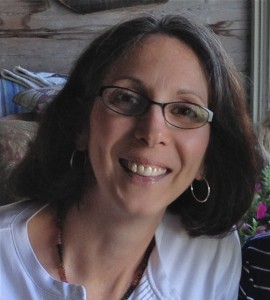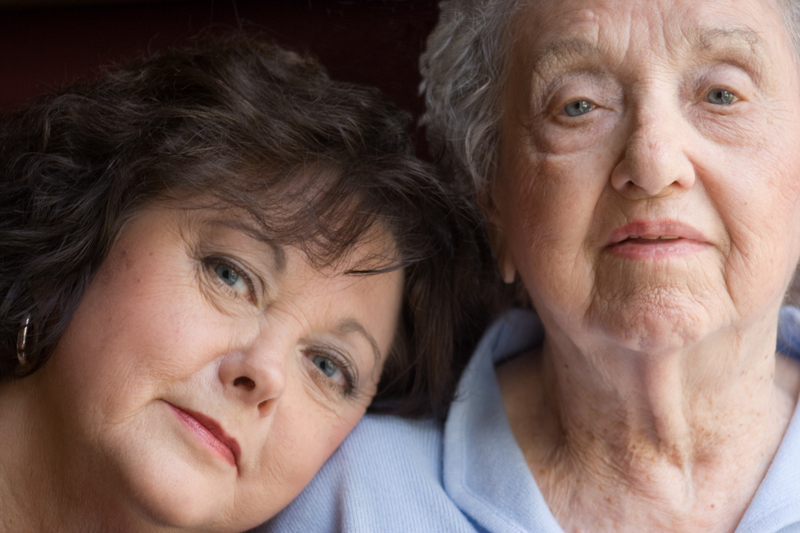This is the first of a series of guest posts by Kate Fallon, a licensed clinical professional counselor in Portland. For the past 10 years Kate has been associated with the Southern Maine Agency on Aging, providing support and education to people who are caring for an elderly parent or friend. She recently opened a private practice — Ageless Journeys — in Portland.
Many adults, myself included, find themselves in the unfamiliar position of being somewhat of a parent to our parents. No matter how much love there is, it can be extremely challenging and if we don’t remember to also take care of ourselves, a threat to our own health.
In her first post, Kate touches upon some of the challenges that come with taking on the role of caregiver for a parent. We encourage you to send questions, which she will try to answer in future posts. Let’s think of her as our own personal counselor!
What Can Happen When Adult Children Care for Their Elderly Parents
By Kate Fallon, LCPC, Ageless Journeys
When I have the opportunity to catch up with old friends from high school or college, at some point, we inevitably end up talking about our parents. Sometime in our 40s, something shifted. After years of sharing a focus on our kids and all that parenthood entailed, most of us are now emptying our nests and this other role — caring for our parents — has silently moved in.
Medical science has delivered us to a place where we are able to live long lives. Some folks do this with grace and good health. Others struggle with chronic illness, cognitive loss and the need to take multiple medications. This is where we, the adult children, come in. Most of us are happy to help out. After all, our parents sacrificed for us and did their best to give us fulfilling lives. We are giving back, with a goal of making their later years as comfortable as possible. Sounds reasonable, right?
In a perfect world, we have the time, energy and financial resources to attend to our parents’ needs and to also juggle jobs, spouses, our own children and ourselves. Of course, the world is rarely perfect, so we do the best we possibly can under the circumstances. We love our parents, but love isn’t enough to balance the sense of overwhelm that sometimes accompanies caregiving. Or, perhaps because of our life or family histories, we harbor very mixed feelings about our parents but we are all they have. Or we love our parents, but our interactions with our siblings are creating inordinate stress for us. Perhaps we offer to help but that help is being refused. The combinations are endless, each leaving us with a confusing tapestry of emotional reactions and nowhere to go with them.
There are periods in our lives that demand so much from us that we are confronted with a choice: to become despondent or to create meaning and learn something useful. Witnessing our parents as they approach their final years, or days is one of these periods. Facing the loss of a parent is life altering, no matter how old we are. Part of taking care of ourselves while caring for someone else is attending to our own emotional needs. Support in any form, through friends, groups or short-term counseling, is one way to process the experience during this challenging time so we feel better equipped to manage all the roles we play in life. We need to invest in our own emotional health. We deserve it.
Do you have a question for Kate?
Kate will be back next month with another post about caregiving. Do you have a question you’d like to ask her? A suggestion? There’s a comment box below. We hope you’ll take advantage.



Thank you for your insights regarding the impact of caring for an aging parent. It is helpful to read about others’ experiences and feelings about this difficult time of life.
When my children were born I made it my job to make sure every day was a good day for them. As my mother ages, my job is now to make sure she has a good day, every day. It is a very challenging goal and means that I need to change some priorities for awhile and manage with other resources so that I maintain my health and my ability to be helpful. The time I have with my mother now will, at some point, not be available.
Experience has been the best teacher for me as I help my mother through the aging process. The people who gave me the experiences have been close relatives who have passed. They taught me about aging, dying, and living.